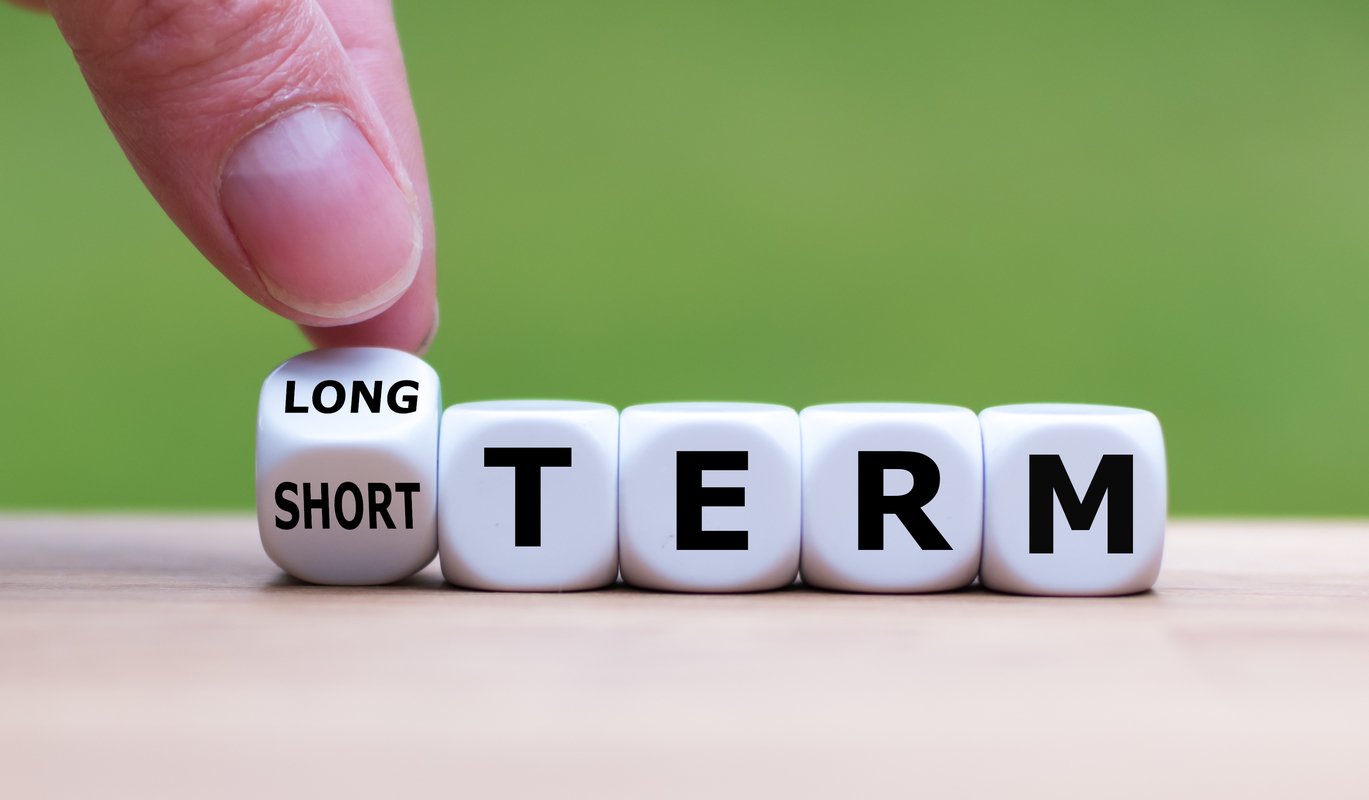Stocks across the board have been hammered in recent months, including shares of two highly profitable drugmakers. Celgene (CELG +0.00%) and Bristol-Myers Squibb (BMY +1.42%) have significant problems investors need to understand, but both are extremely profitable right now.
To see which stock has the best chance of outperforming in the years ahead, we need to weigh incoming threats against tomorrow's opportunities. Let's stack Celgene and Bristol-Myers Squibb side by side to see which stock is the better buy right now.

Image source: Getty Images.
The case for Celgene
Celgene's lead drug, Revlimid, is a standard first treatment for newly diagnosed multiple myeloma patients, a blood cancer that affects only around 30,000 new patients in the U.S. each year. The biotech expects 2018 Revlimid sales to reach $9.7 billion in 2018, which would be 18% more than a year earlier.
While Revlimid sales have been unstoppable in recent years, Celgene will have to compete with generic competition that will start off slow in 2022, and then hammer sales of the branded version into the dirt by the end of 2024. Celgene depends on Revlimid for around two-thirds of total revenue, making this an enormous headwind to overcome in the years ahead.
Celgene markets three other drugs that will generate over $1 billion in 2019, one of which jumped recently. Third-quarter sales of Celgene's oral psoriasis treatment, Otezla, rose 41% year on year. Despite moderate success with more recently launched treatments, Celgene needs to launch several more blockbusters if it's going to be able to offset impending Revlimid losses.
Celgene's been plowing Revlimid profits into licensing deals and outright acquisitions, and the company's late-stage pipeline finally looks poised to perform. In the first half of 2019, Celgene intends to submit a new drug application for luspatercept, an experimental red blood cell booster it licensed from Acceleron Pharma (XLRN +0.00%) years ago. The drug helped patients with beta-thalassemia as well as myelodysplastic syndromes to significantly reduce their dependence on regular transfusions that cost their insurers a fortune.
If approved, luspatercept could rake in several billion annually within a few years, and it isn't the only potential blockbuster near the finish line. The FDA refused to file Celgene's first application for ozanimod because of some missing information the company should have been on top of. The oral multiple sclerosis treatment aced clinical trials and was expected to earn $4 billion to $6 billion annually at its peak. Rising competition for a limited number of multiple sclerosis patients will make launching ozanimod extra challenging, but the tablet could still go a long way toward offsetting Revlimid losses.
Over the past year, Celgene's operations generated $4.2 billion in free cash flow. Rather than risk every penny on new acquisitions, Celgene repurchases a lot of its own shares. Profits have been strong enough to lower Celgene's outstanding share count by 11.2% over the past 15 months, although the company doesn't offer any dividend.
Revlimid losses on the horizon and uncertainty for late-stage drugs have pressured Celgene stock down to just 7.1 times this year's earnings expectations. At this beaten-down price, Celgene stock would provide market-thumping gains if its late-stage pipeline delivers.

Image source: Getty Images.
The case for Bristol-Myers Squibb
Unlike Celgene, Bristol-Myers Squibb stock pays a dividend. The big pharma recently raised its payout a meager 2.5% higher in December, and the shares offer a nice 3.2% yield at recent prices. The company used 70% of free cash flow generated over the past year to make those dividend payments, so a slight bump again in 2019 seems likely.
Bristol's best-selling drug, Opdivo, is a PD-1 checkpoint inhibitor that helps the immune system attack cancer. Opdivo struck out as a treatment for newly diagnosed lung cancer patients, but that hasn't stopped it from becoming a megablockbuster. During the first nine months of 2018, Opdivo sales rose 37% to $4.9 billion.
Bristol's next best-selling drug is a next-generation blood thinner called Eliquis. Sales of the tablets soared 35% during the first nine months of 2018 to $4.7 billion.
While Bristol's best-selling drugs are on the way up, sinking sales of established brands held back total revenue growth to just 8% during the first nine months of 2018. The good news is that sinking established brands contributed just 13% of total revenue during the third quarter, and their continued slide won't create such a strong headwind in 2019 and beyond.
At recent prices, Bristol-Myers trades at just 13.4 times 2018 earnings expectations. Although there isn't anything in Bristol's late-stage pipeline to be excited about, Opdivo and Eliquis are relatively young. Continued growth near their recent pace would provide Bristol shareholders with market-thumping gains in the years ahead.
The better buy now
Although there's a lot to like about Celgene, a commercial flop or another fumble at the FDA could make it impossible to offset impending Revlimid losses and realize a satisfactory return. With Opdivo and Eliquis driving sales higher, Bristol-Myers Squibb has a clear path to growth ahead plus a commitment to distribute quarterly dividend payments.
If you don't mind the risk, Celgene's an excellent choice. At recent prices, though, Bristol-Myers Squibb looks like a better buy.






